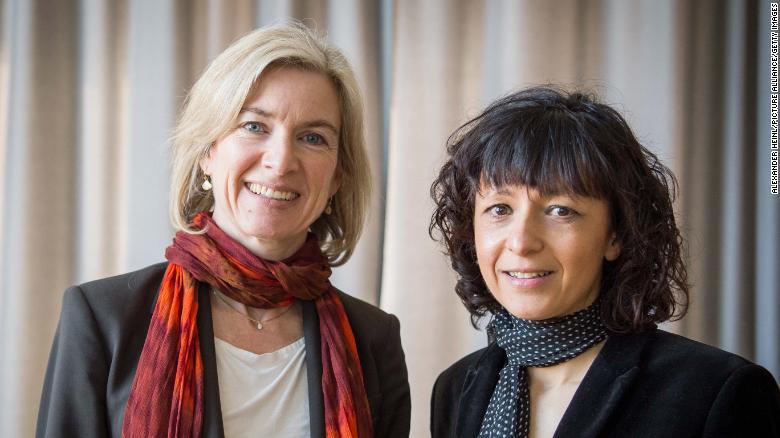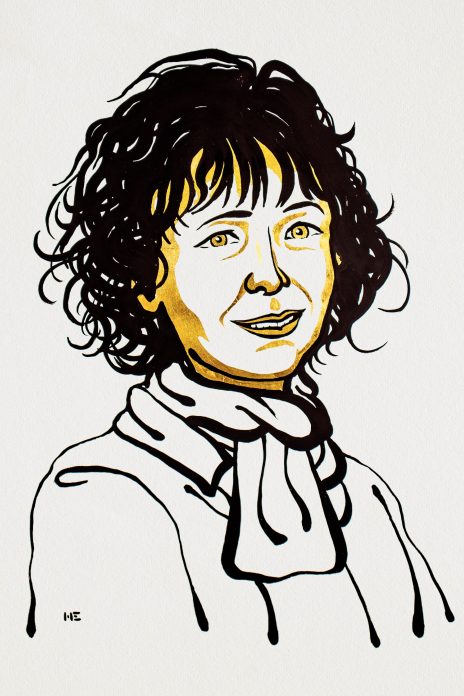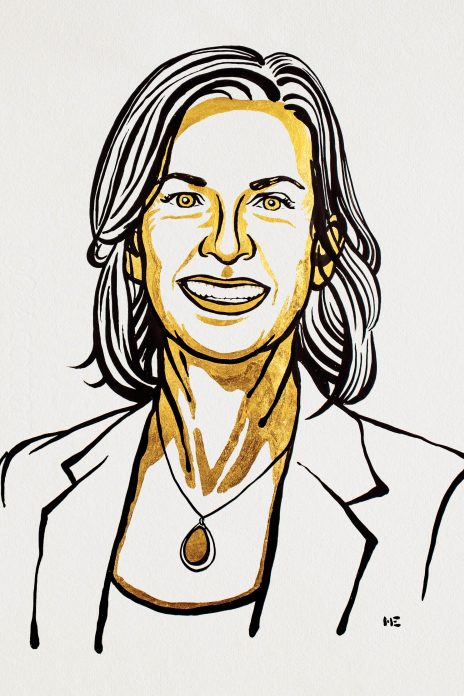
Dr. Charpentier and Dr. Doudna, the sixth and seventh women to receive the chemistry prize, pioneered early work on Crispr-Cas9, a kind of genetic scissors that allows researchers to alter the DNA of animals, plants and microorganisms with extremely high precision. Soon after Emmanuelle Charpentier and Jennifer Doudna publish their discovery of the CRISPR/Cas9 genetic scissors in 2012, several research groups have demonstrated that this tool can be used to modify the genome in cells from both mice and humans, leading to an explosive development which might take life sciences into a new epoch and, in many ways, for the greatest benefit to humankind.
In the last years, this technology has been used in numerous scientific applications for health, from developing cures-in-progress for conditions like sickle cell disease or to hereditary blindness. The genetic scissors are also contributing to new immunotherapies for cancer and trials are underway to make a dream come true – curing inherited diseases. Researchers are already performing clinical trials to investigate whether they can use CRISPR/Cas9 to treat blood diseases such as sickle cell anaemia and beta thalassemia, as well as inherited eye diseases. Researchers are IBEC are also using this bioengineering technology to study diseases and potential solutions for health.
Researchers around the world are also developing methods for repairing genes in large organs, such as the brain and muscles. Animal experiments have shown that specially designed viruses can deliver the genetic scissors to the desired cells, treating models of devastating inherited diseases such as muscular dystrophy, spinal muscular atrophy and Huntington’s disease. However, the technology needs further refinement before it can be tested on humans.


Emmanuelle Charpentier, born 1968 in Juvisy-sur-Orge, France. Ph.D. 1995 from Institut Pasteur, Paris, France. Director of the Max Planck Unit for the Science of Pathogens, Berlin, Germany.
Jennifer A. Doudna, born 1964 in Washington, D.C, USA. Ph.D. 1989 from Harvard Medical School, Boston, USA. Professor at the University of California, Berkeley, USA and Investigator, Howard Hughes Medical Institute.
Images by: Niklas Elmehed.
- Source and more information: Nobel Prize





